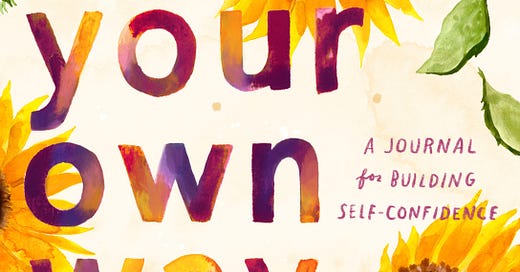Meera Lee Patel and the Quest for Connection
Making a world where creativity and happiness coexist
In moments of doubt and insecurity, I remind myself that no other person can think like me, nurture friendships like me, express themselves like me, create as I do.
Meera Lee Patel is a natural philosopher—and a truly eloquent and compassionate one at that. She is a is a self-taught artist, writer, and internationally recognized best-selling author. She …
Keep reading with a 7-day free trial
Subscribe to Doubt Monster to keep reading this post and get 7 days of free access to the full post archives.





